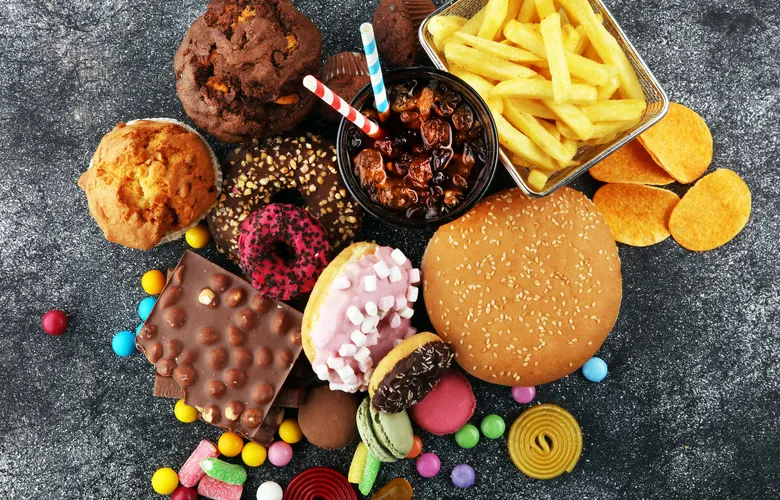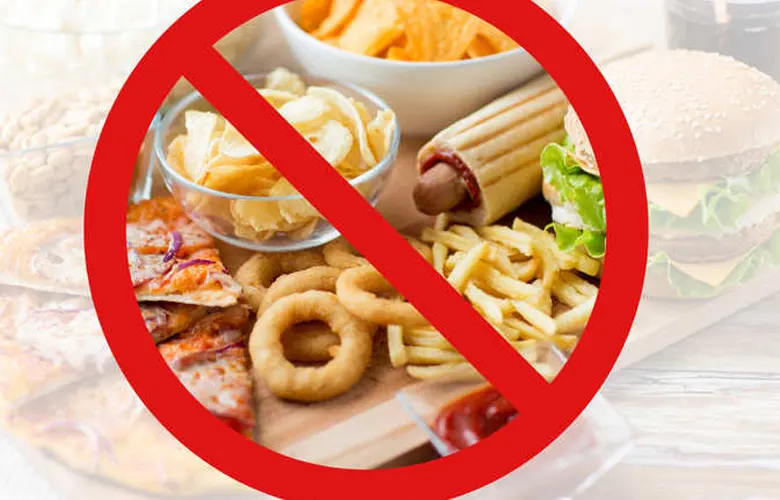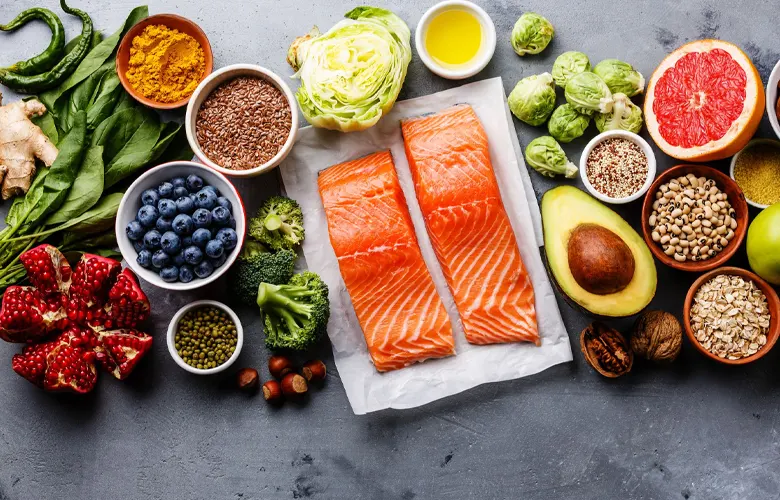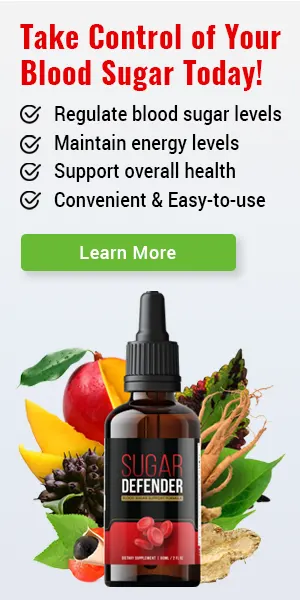
Dietary measures to control High Blood Pressure
What foods to eat and what not to eat
High blood pressure, also called hypertension, is a dangerous condition that can ultimately cause heart disease, stroke, kidney failure, and other serious health issues.
Diet has one of the most important roles in controlling and managing hypertension. Understanding what foods to remove and what to consume offers a large effect in handling this problem.
This article discusses foods that should be avoided, as well as foods that should be included in your diet to reduce your blood pressure.
Foods to Avoid

Foods to Avoid
Foods that are loaded with sodium, saturated fats, and calories can wreak havoc on your blood pressure. Let’s take a quick look at a few of the worst offenders:
Pickles: Yes, they are mouth-watering, tangy pickles, but they have excess Na+. One serving can be almost 25% of the recommended daily value for sodium, coming in at 570mg per single serving.
Sauerkraut: Another favorite, especially in German cuisine, sauerkraut has approximately 460mg of sodium per serving. If we are a regular drinker, this can be a lot.
Bacon: Besides being a breakfast staple, bacon is a double whammy. A 270 mg serving of sodium, which is high in cholesterol and saturated fats, the types of fats that may elevate your cholesterol and contribute to high blood pressure.
Whole Milk: Dairy is an important component in many diets, but whole milk is way too high in saturated fats for someone with blood pressure issues.
Donuts: While delectable, they are calorie-dense and high in fat and saturations. Even a small weight gain, such as the one most people would expect to come with eating donuts often, “is one of the primary risk factors for hypertension.
Ramen Noodles: A favorite of college students and working professionals alike, ramen noodles are the ultimate cheap food, but the hidden cost is very expensive. Contains high saturated fats and sodium levels, not a good option for people suffering from hypertension.
Alcohol: Although some studies suggest that moderate amounts of alcohol can have certain health benefits, drinking too much can damage blood vessel walls and increase blood pressure. If you have high blood pressure, it is important to avoid alcohol in excess as well.
Foods to Consume

Foods to Consume On the other hand, there are many foods with their rich nutritional content which can treat high blood pressure well. Eating these items along with the foods you already consume could help your heart health in general and could help keep your blood pressure number within a normal range:
Bananas: Bananas are high in potassium making them good for balancing the effects of sodium and decreasing the tension in the walls of blood vessels. Due to its blood pressure-cutting ability, High Potassium food is advisable for people with high blood pressure.
Salt-Free Seasonings: Avoid salts from seasoning your meal and use salt-free seasonings that can make them taste even better. Adding herbs and spices to your dishes can provide richness and warmth without increasing the saltiness. Another great source of potassium.
White Potatoes: They make a great side dish, provided they’re not swimming in butter or seasoned salt. Omega-3 fatty acids found in fresh fish can aid in your heart health and help lower blood pressure.
Fresh Fish: If you choose to fish, go for fatty fish such as salmon; it is both tastier and more nutritious.
Lima Beans: Yet another legume with a good amount of potassium, these beans can be added to many dishes.
Spinach: One a veggie that is rich in iron and other important components, spinach can help in controlling hypertension as well due to its nutrient-dense properties.
Flaxseed: A great source of omega-3 fatty acids, flaxseeds can be sprinkled on top of smoothies, or cereal, or added to your favorite baked goods for a healthy heart kickstart.

Conclusion
Diet therapy does not have to be intimidating for the person diagnosed with high BP. How you eat can contribute to high or low blood pressure, because high-sodium, high-fat foods impact your waistline and your heart.
Always remember, that small changes result in big results. If you have a current medical condition, or if you take medication, always see your healthcare provider before making considerable changes to your diet.
For more in-depth research and recommendations, check out resources from the American Heart Association and the National Institutes of Health.
With informed food choices and a good understanding of the nutritional health benefits you will have the power to play an active role in the management of hypertension and live a better life. Therefore, the next time that you are cooking or ordering in, consider one of these heart-healthy choices.



